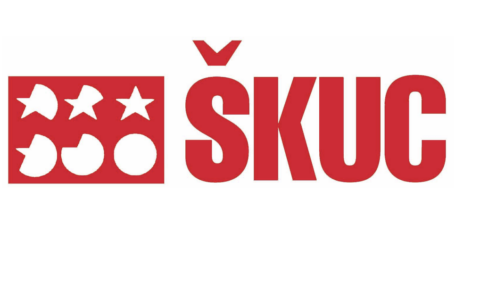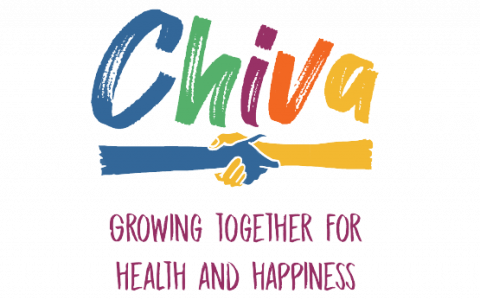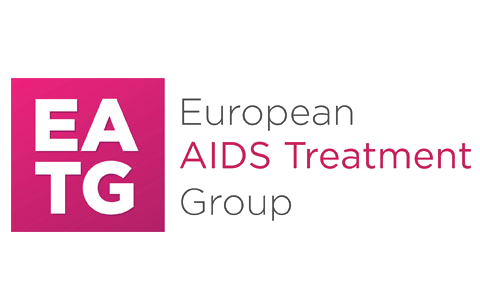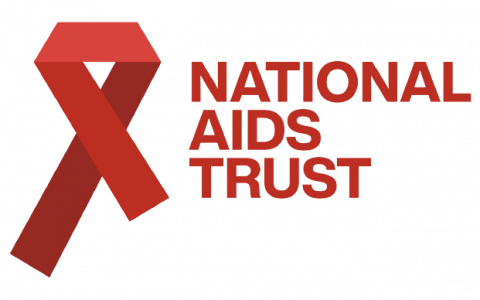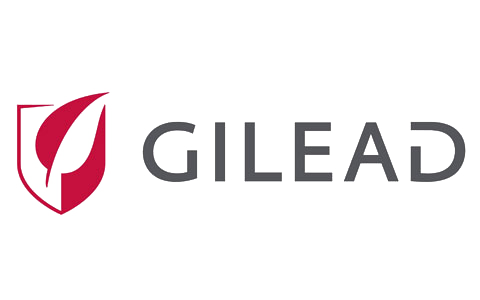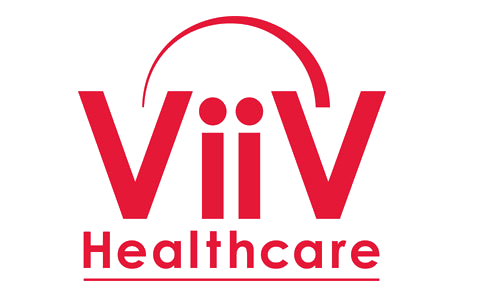
Case Study
Italy – Associations section within the Technical Health Committee for the fight against AIDS
-
Context
Italy is at the forefront of involving the HIV Community in policymaking on managing this therapeutic area. In 1990, legislation was created which was dedicated to preventing and battling AIDS. This has seen a National Committee for the fight against AIDS established within the national Ministry of Health that includes members of HIV associations. This has allowed national and regional decision-makers to adopt a multi-stakeholder approach to their policy choices, drawing on the knowledge and expertise within the associations. The functions of the former Council of Associations for the fight against AIDS in 2021 have been transferred to the Associations section within the Technical Health Committee (CTS) for the fight against AIDS.
-
Introduction
The Ministry of Health established a consultative body involving the associations for the fight against AIDS. The CTS has been set up within the Ministry of Health, includes a specific section for the fight against AIDS. This section is made up of two macrogroups, L and M: L section includes clinicians and other stakeholders, while M section includes patient associations. A ministerial decree of 15 December 2021 has updated components and specific competences.
This initiative is important in allowing HIV associations to participate directly in policymaking concerning the management of this disease. Since then, direct involvement of the HIV community in policymaking has become widespread practice in Italy.
-
Aims
The previous Council’s and the current Association section mission is to collect and share “contributions and opinions concerning the design, implementation and assessment of information/prevention programmes in the fight against HIV.”
The expertise of the associations represented on the Council make a vital contribution to the institutions. This puts the institutions in a stronger position to identify unmet health needs and social issues encountered by people with HIV (PWH) and to formulate adequate responses.
-
Method
The Association section, which consists of representatives from the main associations focused (exclusively or partially) on HIV-related topics, meets at least three times per year. It works closely with the clinician section of national Technical Committee for the fight against AIDS.
The two sections of the Technical Committee coordinate via a continuous flow of information and working documents; in addition a number of members, such as Ministry of Health representatives, belong to both bodies.
-
Results
Section M is active in all major HIV initiatives, notably in drafting important dedicated plans, such as the National HIV/AIDS Plan, which is approved jointly by Sections M and L and then submitted to the Ministry. In addition, Section M is working on the revision to the Italian national law on HIV, Law n.135/1990, providing further evidence of the role played by the HIV community in all major decision-making processes that impact the management of PWH. Within this process, the associations are providing contributions on aspects including the training of healthcare professionals (dentists, dermatologists, etc.) and the fight against stigma both inside the national health system and in the broader society.
The HIV Council is allowing the HIV community to take a proactive role within the Institutions. Recent initiatives involving the HIV community include:
- 1st Geriatric HIV Medicine Summit (Rome, February 2018). This initiative was promoted by Policlinico Gemelli of Rome and involved a number of clinicians and academics as members of the Scientific Committee and keynote speakers, particularly infectious disease specialists and geriatricians. They exchanged views on topics relating to the ageing of PWH receiving antiretroviral therapy and on those fragilities specifically related to ageing. One of the goals of this workshop was to improve the training of infectious disease specialists and geriatricians with a view to encourage creating multi-disciplinary teams for managing ageing HIV patients.
- Let’s Stop HIV! Più qualità alla durata della vita (Greater quality for a longer life). This conference encourages the exchange of views between charities, patient associations and clinicians from different specialties on various aspects of the daily life of PWH.
- Involvement of associations in the Retention in Care of PWH in Italy. This research project is part of the activities of Section M of the CTS. It is publicly funded, with the National Institute for Infectious Diseases “Lazzaro Spallanzani IRCCS” playing the role of lead institution. The goal was to contribute to implementing and harmonising the activities of HIV associations in improving the retention in care of vulnerable PWH. The project conducted a national survey to assess all activities currently in place from HIV associations aimed at improving patients’ retention in care. The survey also measured both patient acceptability of the different initiatives in place and the attitude of healthcare professionals on the active role played by HIV associations. The findings provided the basis of a better understanding of patients’ needs, ultimately helping achieve an optimal retention in care.
-
Recommendations
Cooperation between institutions, clinicians and associations in policymaking for the management of HIV is an example of best practice. It should be retained and promoted further in future, potentially by allowing other associations representing PWH to add their contribution.
This approach to cooperation between a proactive HIV community and policymakers has the potential to be replicated across Europe, particularly in those countries where such cooperation is currently less developed.

